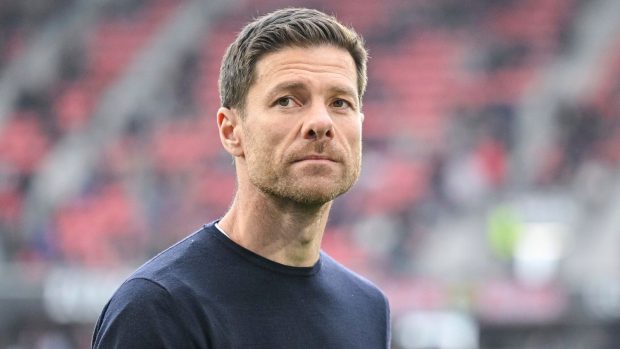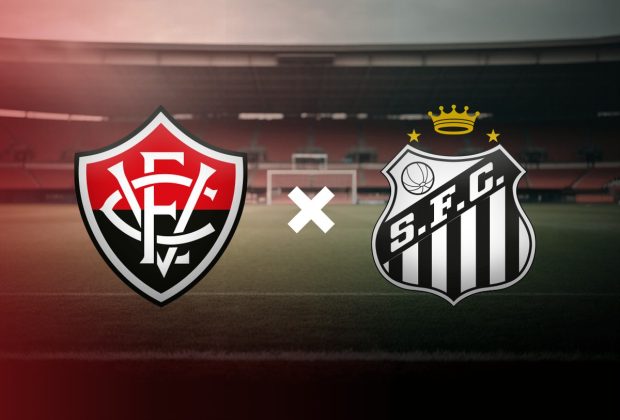MINNEAPOLIS — In accumulating the best record in the NBA and in becoming the team with the best score differential in league history, the Oklahoma City Thunder have made a living of being on the right end of some lopsided scores. There are reasons for this. The Thunder were the best defensive team in the league this season. They are supremely physical. They cause turnovers and make it difficult for opposing teams to run an offense. They have a steely demeanor about them that consistently allows them to keep their foot on the pedal.
Advertisement
This postseason has yielded four losses for Oklahoma City. In three of them — coming against the Denver Nuggets in what was a wonderful second-round series — the losses happened on the margins. There was an Aaron Gordon game winner in Game 1. There was a bad fourth-quarter stretch in Game 3. There was an improbable run of shots from Denver guard Julian Strawther in Game 6 that clinched a Game 7. Those were all flaws that the Thunder eventually fixed, which is why they are currently in the Western Conference finals.
Saturday night’s 143-101 loss to the Minnesota Timberwolves at Target Center presents a different challenge to OKC. It’s the first time in this playoff that Oklahoma City has been pushed around for 48 minutes. It’s the first time the Thunder have gotten proverbially punked. Most importantly, it’s the first time OKC hasn’t had a real answer for an opponent, which is why they became the 31st team in NBA history to lose a playoff game by at least 40 points.
“We just didn’t bring it from an energy and focus standpoint,” Thunder league MVP Shai Gilgeous-Alexander said. “We didn’t have it. They obviously played with more of a sense of urgency than we did.”
Hearing those words from SGA is rather remarkable. What Oklahoma City has been during this playoff run is hungry, even in the games that haven’t gone its way. Their superpower lies in how hard they play, folding into how deep they are, folding into how good an individual player and ceiling raiser Gilgeous-Alexander has proven to be.
They have been like a ball rolling downhill into championship contention. And after two resounding wins in Oklahoma City to start this series, many had them penciled into the NBA Finals, and most of the NBA world has them as a heavy favorite to become the next NBA champion.
So, the Thunder not coming into a Game 3 with no urgency, when they could have put a stranglehold on the series and yanked hope away from the Timberwolves, has to qualify as the most disappointing development of Saturday night for Oklahoma City. Gilgeous-Alexander was correct when he went on to say that no game is perfect, and OKC can’t be expected to always play perfect basketball. And on many levels, not having the same desperation as the team down two games in the series isn’t truly an indictment on the team with the lead.
Advertisement
Minnesota knew its season was over if Saturday night ended with a loss. Oklahoma City simply didn’t enter Game 3 facing that kind of pressure.
The disappointing part is that multiple Thunder players conceded that they didn’t come ready to play. It was Minnesota that made the plays needed, and it was the Timberwolves who played the role of aggressor. A lesson needs to be learned in that regard for a young and callow bunch. As good as Oklahoma City is, the Thunder can’t afford to just give playoff games away. Hardly any team outside of the peak Golden State Warriors, who were notorious for giving Game 3s away, could afford that. So, the question for the Thunder is this.
How do they respond in Monday night’s Game 4?

Minnesota’s Julius Randle grabs a rebound over Oklahoma City’s Shai Gilgeous-Alexander and center Isaiah Hartenstein in Game 3. (Brad Rempel / Imagn Images)
“Whatever they wanted to do, they did,” OKC forward Chet Holmgren said. “Wherever they wanted to go, they got there. That’s the biggest thing. They came out and played with a lot more force than we did. They played with more of an edge than we did tonight, and it really showed.”
With 4:39 remaining, and with both benches cleared long before that, the chant through Target Center from the sellout crowd was clear, concise and easy to understand.
“Wolves in six!!!”
“Wolves in six!!!”
Of course, in a win, crowds are going to talk. But if Saturday night yielded anything, it was Oklahoma City allowing a measure of belief to Minnesota, its players and its fans. There didn’t seem to be any of that following the two blowout wins in Oklahoma City. There is now, and that will make Game 4 a fight. The Thunder have come up big in multiple situations this postseason. Down 2-1 to the Denver Nuggets, OKC played perhaps its best fourth quarter of the postseason to that point to erase an 8-point deficit. Two nights later, on their home floor, the Thunder rallied from an 80-68 deficit to win a Game 5 that proved to be the turning point of the series. And, finally, faced with the pressure of a Game 7, Oklahoma City blew the doors off the Nuggets, ended Nikola Jokić and Jamal Murray’s season, and advanced to the third round.
Advertisement
Monday night’s Game 4 will be important for Oklahoma City, but not critical, like the three games against the Nuggets were. It is imperative that the Thunder come up with a response to being on the receiving end of a wire-to-wire beatdown for the first time in their playoff run. But even with a loss, Oklahoma City still has the benefit of home-court advantage, and the Thunder have been really good at home.
“I thought their physicality and their pressure stood out, especially early,” Oklahoma City head coach Mark Daigneault said. “They definitely threw the first punch of the game, and that had a lot to do with it. Schematically, they were a little different, but not a ton. They were more forceful on the offensive end and defensive end of the floor, and that was a tough combination for us.”
That, more than anything, is what the Thunder have to answer. They are used to bullying teams physically, despite their lack of size. They eliminate space defensively. They cause turnovers and they make existing offensively difficult. On Saturday night, Minnesota did that to Oklahoma City, and the Thunder wilted in Game 3 because of it. Gilgeous-Alexander, so good in games 1 and 2, scored just 14 points and shot just 4-of-13 from the field. OKC shot just 40 percent from the field overall, and made only 14 of its 44 3-point attempts.

Minnesota’s Terrence Shannon Jr. exults in front of Oklahoma City’s Isaiah Joe in the second half of Game 3. (Bruce Kluckhohn / Imagn Images)
The Thunder allowed Minnesota star Anthony Edwards to control the game. And once the game got out of hand, Oklahoma City couldn’t find a way to stabilize the scoreboard. An 11-2 run to start the second half proved to be the lone push the Thunder made. But the Timberwolves quickly pushed the lead back beyond 30 points, leading to Daigneault clearing his bench for good midway through the third quarter.
On Monday night, OKC is going to have to answer whether Game 3 was a respite or whether it proved to be a turning point in the series. It makes for what will be a fascinating game for the Thunder.
“I think the biggest thing is we have to come out on Monday with the right mindset,” Holmgren said. “We have to play with force, and that’s where it has to start. We have to play with the right amount of energy that it takes to win a playoff game on the road.”
(Top photo of Shai Gilgeous-Alexander being defended by Rudy Gobert: Bruce Kluckhohn / Imagn Images)
This news was originally published on this post .







Be the first to leave a comment